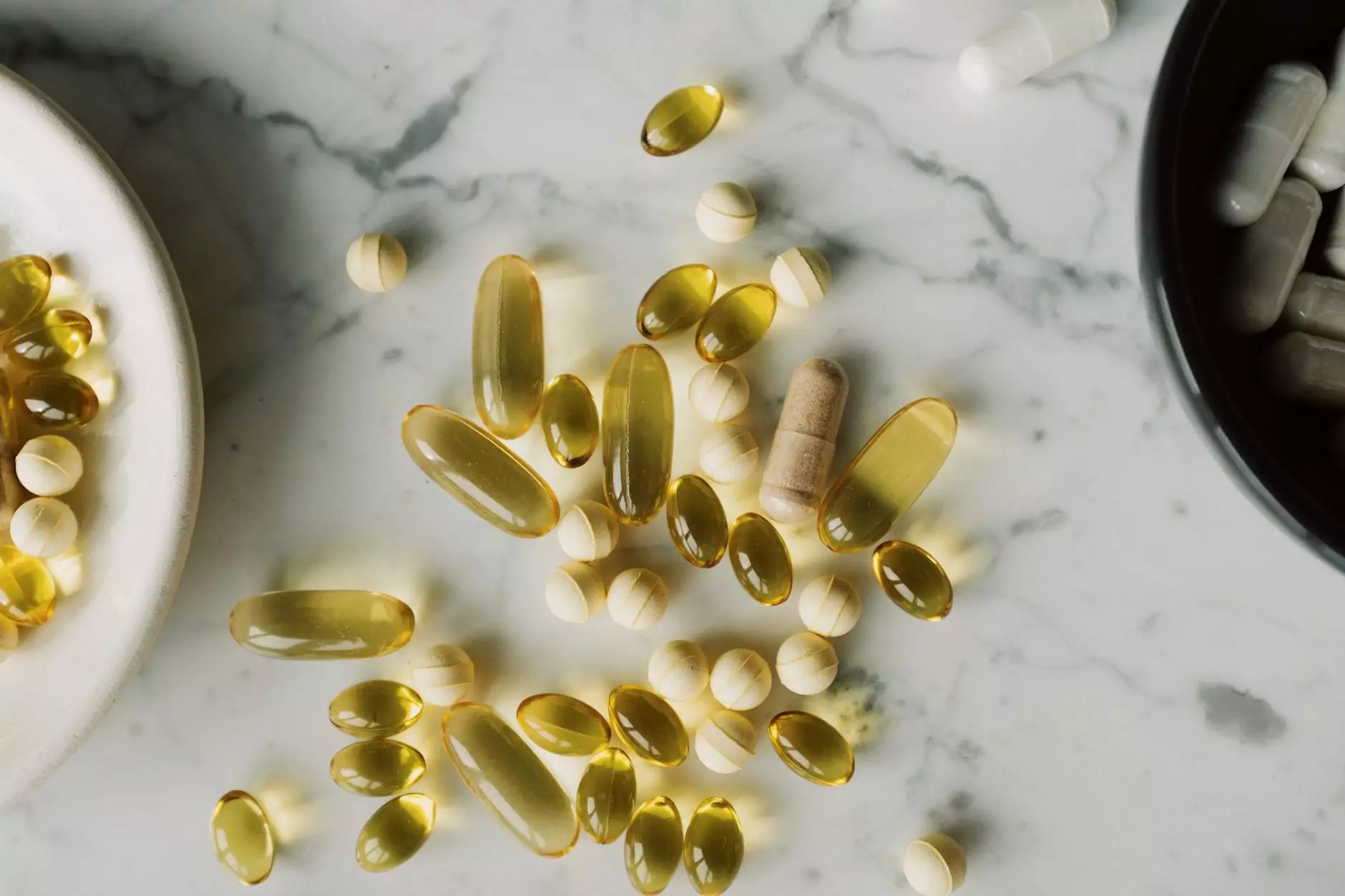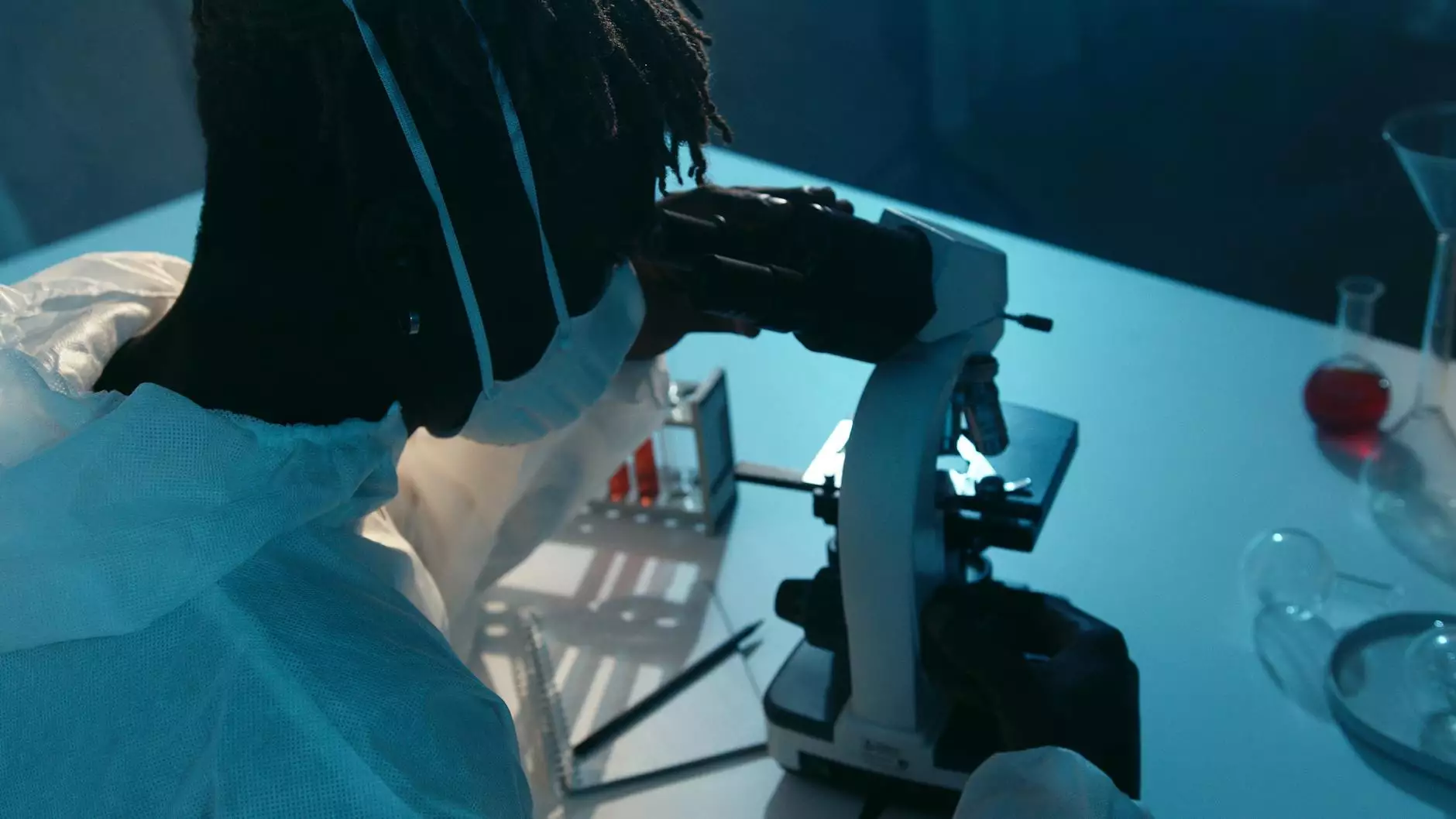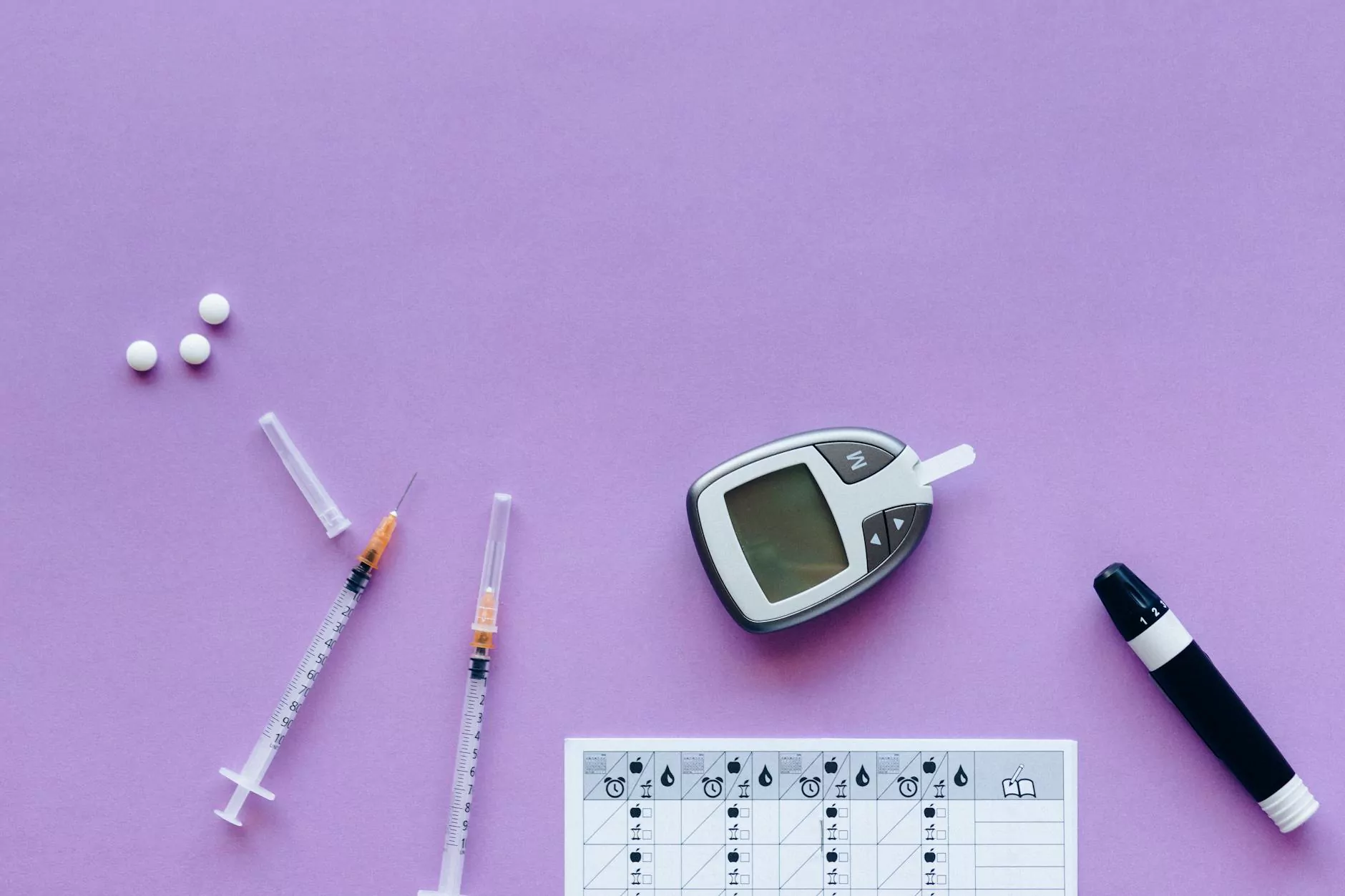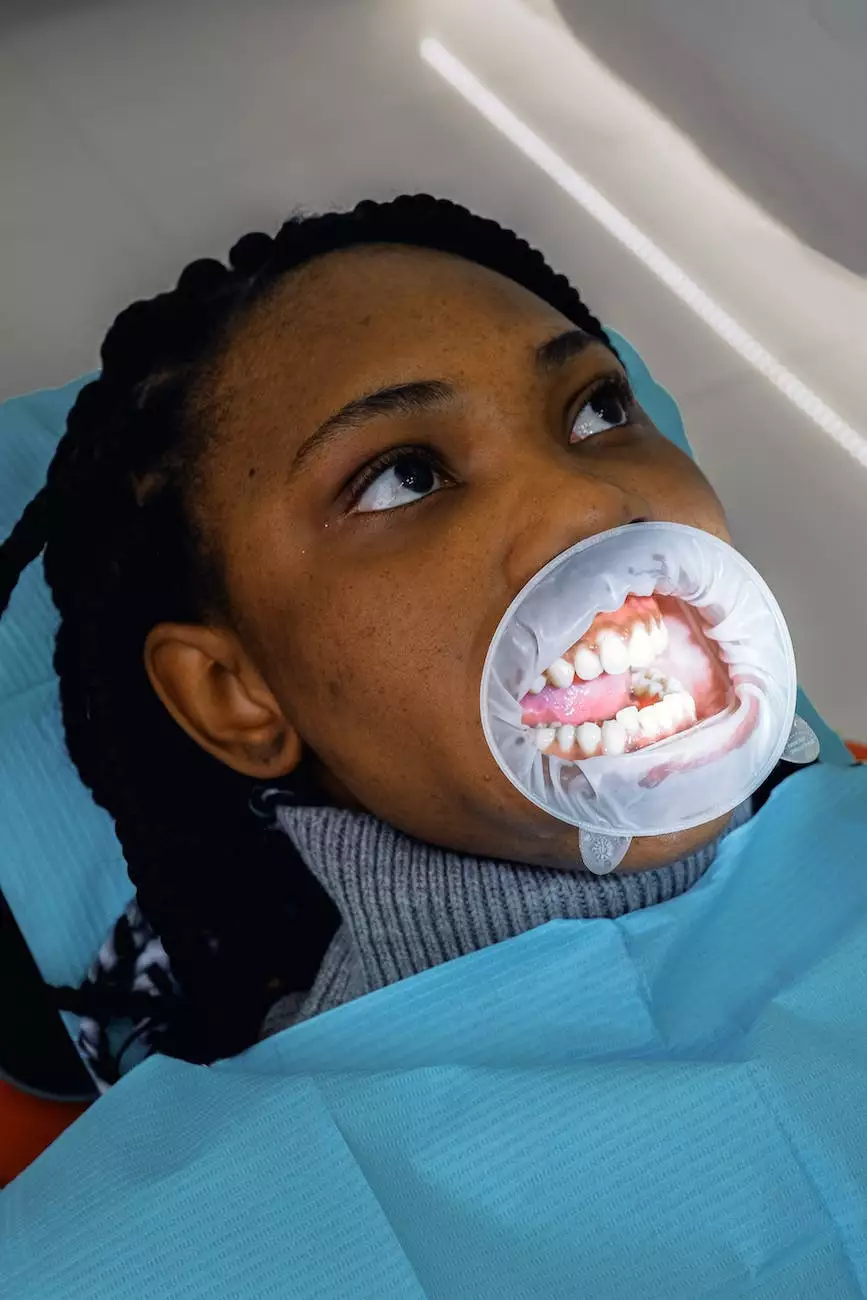Testosterona y recuperación del ictus: La investigación
Health
Understanding the Connection: Testosterone and Stroke Recovery
Stroke, or apoplexia, is a serious medical condition that occurs when the blood supply to the brain is disrupted, either by a blockage or a hemorrhage. It can lead to various physical and cognitive impairments, affecting the quality of life of individuals who have experienced it.
Research has shown that testosterone, a vital hormone in the male body, plays a significant role in the recovery process after a stroke. It has been found that testosterone levels may impact the rate and extent of recovery, as well as overall health outcomes for stroke survivors.
The Impact of Testosterone on Stroke Recovery
Testosterone has been observed to exert neuroprotective effects, promoting cell survival and reducing brain damage following a stroke. Additionally, it plays a crucial role in stimulating neurogenesis, the formation of new neurons, which is vital for restoring brain function.
Studies have indicated that low testosterone levels are associated with poorer recovery outcomes, including reduced motor function, impaired cognition, and increased risk of complications. Conversely, optimizing testosterone levels in stroke survivors may support better functional recovery, improved cognitive abilities, and enhanced overall well-being.
Advancing Research in Testosterone and Stroke
At CHI St. Luke’s Health - Performance Medicine, we are committed to staying at the forefront of medical research and providing our patients with the latest advancements in stroke recovery. Our team of experts works closely with patients to develop personalized treatment plans that incorporate the use of testosterone therapy when appropriate.
Personalized Approach to Stroke Recovery
We understand that every individual's journey to recovery is unique. That's why our approach at CHI St. Luke’s Health - Performance Medicine is tailored to meet the specific needs of each patient. Our multidisciplinary team, consisting of physicians, therapists, and specialists, collaborates to create comprehensive treatment plans that address not only the physical but also the emotional and psychological aspects of stroke recovery.
Comprehensive Treatment Options
When it comes to stroke recovery, we offer a range of cutting-edge treatments, including:
- Physical therapy: Our experienced therapists design individualized exercise programs to help improve motor function, balance, and overall strength.
- Occupational therapy: We provide guidance and support to enhance activities of daily living, enabling patients to regain independence.
- Speech therapy: Our speech-language pathologists help individuals overcome communication and swallowing difficulties often experienced after a stroke.
- Medication management: Our knowledgeable physicians prescribe appropriate medications to manage post-stroke complications and optimize recovery.
- Testosterone therapy: When suitable, we incorporate testosterone therapy into our treatment plans to enhance stroke recovery outcomes based on the latest research findings.
Discover a Path to Recovery with CHI St. Luke’s Health - Performance Medicine
If you or a loved one is on a journey to recover from a stroke, CHI St. Luke’s Health - Performance Medicine is here to help. Our team of dedicated professionals is passionate about supporting you in regaining your independence and improving your quality of life.
Contact us today to schedule a consultation with one of our experts and explore how testosterone therapy, along with our comprehensive stroke rehabilitation programs, can contribute to your successful recovery.










